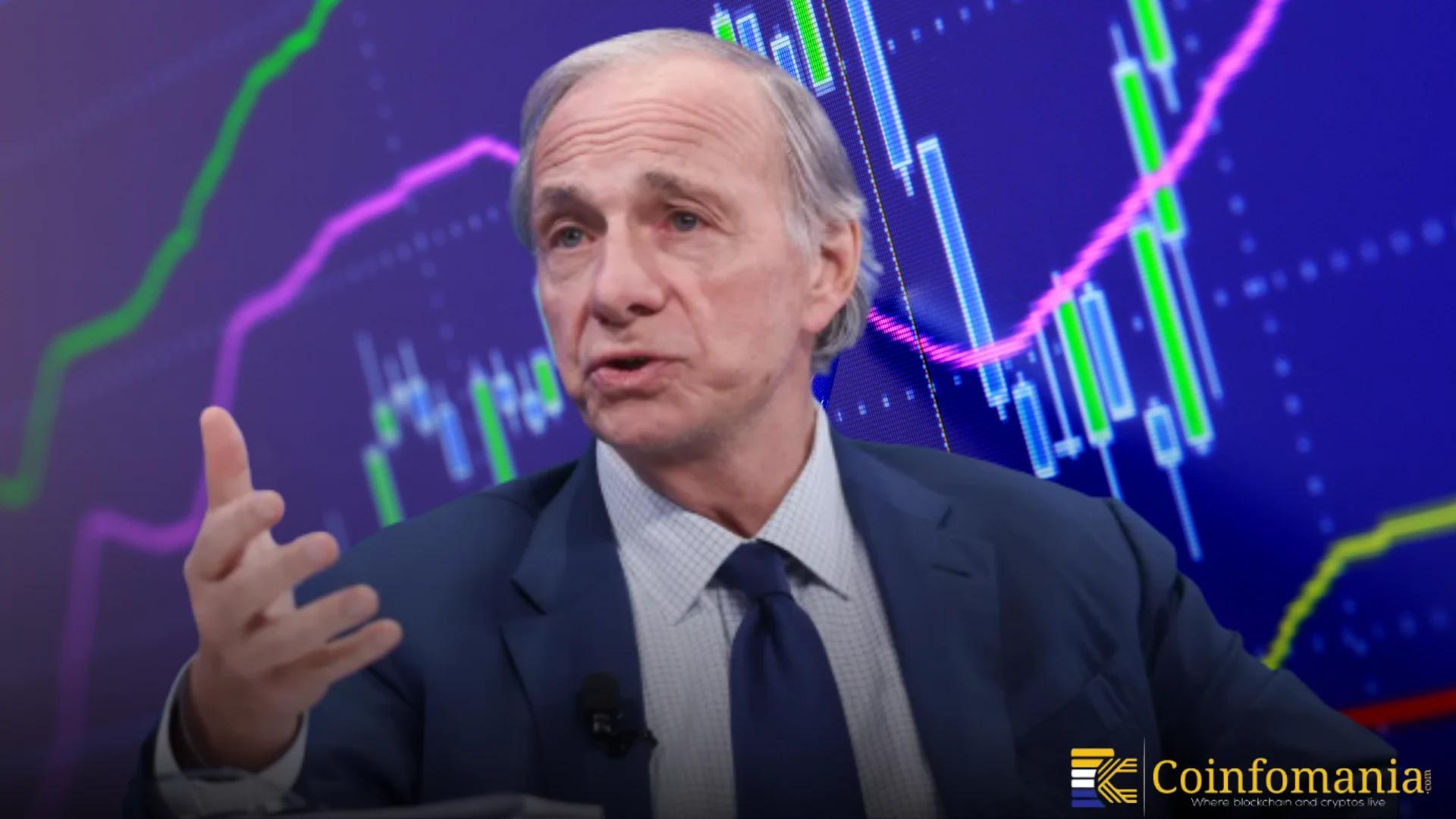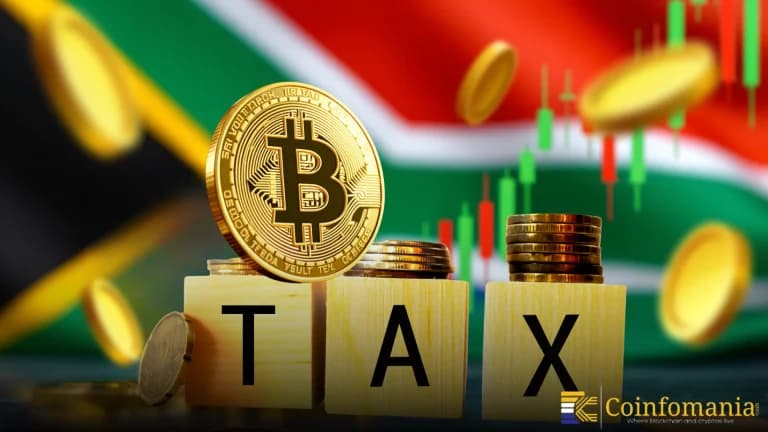Dalio Bitcoin Debt: Can Crypto Protect Against Economic Risks?
Dalio Bitcoin Debt explores if Bitcoin can protect against economic risks from excessive national debt and rising inflation.

Quick Take
Summary is AI generated, newsroom reviewed.
Dalio warns that excessive debt during downturns triggers inflation, lower living standards, and political unrest.
Bitcoin provides a hedge against currency devaluation through limited supply and decentralization.
Bitcoin cannot fully solve debt issues or replace traditional currency systems.
Investors should weigh Bitcoin’s benefits against its risks and volatility.
Renowned investor Ray Dalio recently warned that excessive debt during economic downturns can trigger a dangerous cycle, reports Cointelegraph. In a post on X, he explained how too much debt can lead to money printing, inflation, declining living standards and political unrest. Dalio’s warning raises a question for investors and citizens alike. Can Bitcoin offer protection in such a scenario?
🚨 TODAY: Ray Dalio warns excessive debt during economic downturns leads to a self-reinforcing cycle where currencies devalue, inflation rises and living standards decline.
— Cointelegraph (@Cointelegraph) November 7, 2025
Does Bitcoin fix this? 👀 pic.twitter.com/7em2isrcMI
How Excessive Debt Creates a Downward Spiral
Dalio explained the cycle in clear steps. First, when a government borrows too much, it eventually struggles to repay its debt. Second, it prints more money to cover its obligations, which devalues the currency and drives up inflation. Third, as prices rise, people’s living standards fall. Fourth, these conditions can spark social tension, reduce productivity and create conflicts over reducing resources. Finally, populist leaders often come with promising solutions, but the underlying problems continue.
History shows that this pattern has repeated itself in various countries and economic crises. Dalio emphasizes that the cycle is self-reinforcing. That each step worsens the next, making recovery harder.
Why Bitcoin Could Matter
Bitcoin enters this conversation because it operates outside traditional financial systems. Unlike government-backed money, its supply is limited to 21 million coins. Supporters argue this scarcity protects it from inflation caused by money printing.
In theory, Bitcoin offers three key advantages:
- Limited Supply: Governments can’t print more, keeping value more stable over time.
- Borderless and Decentralized: No single country can control it.
- Digital Gold: Investors can use it as a store of value when trust in fiat money declines.
For people worried about debt-driven economic problems, Bitcoin can act as a hedge. Basically a form of protection against falling currencies and rising inflation.
The Limits of Bitcoin
However, Bitcoin is not a cure-all. Its price is volatile, sometimes swinging a lot in short periods. Governments could impose regulations, restrictions or bans that affect its usability. Most global trade and debt systems still depend on fiat currency, so Bitcoin can’t fully replace it.
Importantly, Bitcoin doesn’t solve the root issue Dalio warns about that is unsustainable debt. It can protect some investors from currency devaluation, but it does not stop governments from borrowing excessively or printing money.
The Role of Bitcoin in Economic Risk
Ray Dalio’s Bitcoin debt warning highlights a serious risk, that unchecked debt can weaken economies and harm living standards. Bitcoin may offer some protection against inflation and currency devaluation, but it is not a complete solution. Investors considering Bitcoin should do so carefully, balancing potential benefits with its risks. Ultimately, governments must manage debt responsibly to prevent the cycle Dalio describes.
Follow us on Google News
Get the latest crypto insights and updates.


